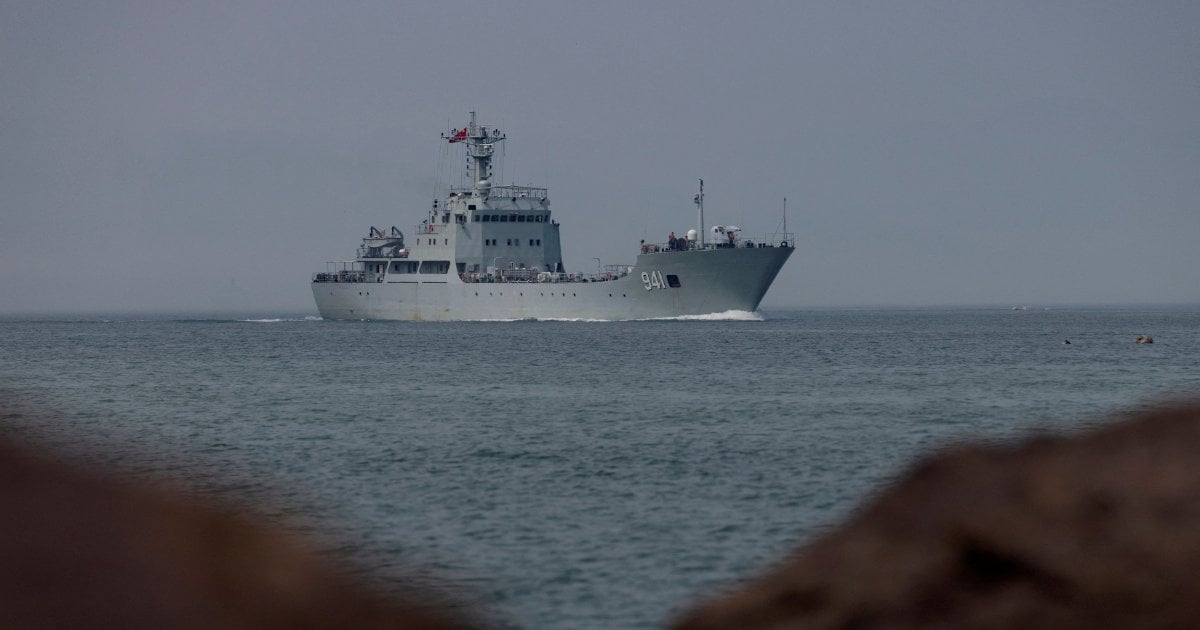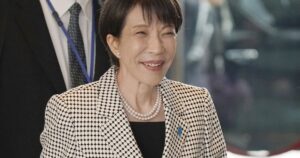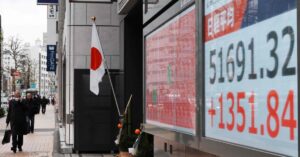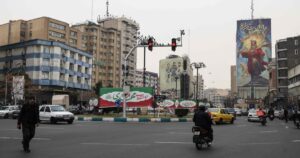THE exercise presented a fraught scenario: China‘s military had blockaded Taiwan by air and sea, and Southeast Asian countries were grappling with how to evacuate as many as one million of their nationals trapped on the besieged island.
Over two days in April at a Singapore hotel, some 40 participants and observers in the war game, including serving and retired Asia-Pacific officials and military officers, as well as security scholars, simulated their responses to the unfolding crisis, according to four people familiar with the discussions.
Hours ticked by as some players weighed unified action through Asean, while others reached out to the mock United States, Chinese and Japanese delegates to negotiate special air and sea corridors to extract foreign nationals.
Eventually, the people said, a stark conclusion emerged: Southeast Asian states needed a Singaporean airlift to have a chance of evacuating their people.
“Nothing was moving until the Singaporeans stepped in at the 11th hour,” said one participant in the event at the Jen Singapore Tanglin hotel.
“They had found a way of getting their own people out, and offered to get others out, too.”
Reflecting its discreet and decades-old security presence inside Taiwan, where its forces train, Singapore was able to leverage access to airfields and aircraft, said the person.
But the exercise ended before any detailed discussion of how Singapore had reached a deal with China to secure an evacuation route through the blockade, or how precisely it would work, said three of the people.
Southeast Asians account for about 94 per cent of the almost one million foreign residents in Taiwan, according to Taiwan’s National Immigration Agency. Indonesians, Vietnamese and Filipinos make up the vast majority of those foreigners, with comparatively small numbers of Japanese and Americans.
Singapore’s Defence Ministry said it wasn’t involved in the “workshop” and none of its officials attended in any capacity. China‘s Foreign Ministry said it wasn’t aware of the circumstances of the exercise.
The London-based International Institute for Strategic Studies, which organised the exercise, said participants had attended in their private capacities, and that it could not comment on “discussions, attendees, or any other elements”.
Drew Thompson, a Singapore-based security scholar, said it was vital for Southeast Asian countries to move beyond war games and contingency discussions to build meaningful, unofficial ties with Taiwan, particularly its military.
These countries have diplomatic ties with Beijing and don’t officially recognise Taipei.
“The big takeaway here is that a plan is one thing but you need the access and the relationships to put it into play,” said Thompson, of the S. Rajaratnam School of International Studies, who wasn’t involved in the exercise.
“Singapore has long had these ties, the Philippines is building them, but it remains an open question whether the other countries in Southeast Asia have the unofficial networks in place to meaningfully engage with Taiwan in a conflict.”
Given recent drills in which Chinese vessels encircled Taiwan, some military attaches and analysts say any attempt by Beijing to seize the island could start with a blockade, which would be considered an act of war under international law.
The risks are felt acutely in Singapore, a financial and shipping hub that hosts US Navy ships and surveillance aircraft yet maintains strong cultural, diplomatic and economic ties with China.
Singaporean forces have conducted military training in Taiwan since 1975, under an arrangement known as Project Starlight. The presence is seldom publicly acknowledged by officials in Singapore, which does not have formal diplomatic relations with Taiwan.
But it remains important to Singapore’s defence forces, according to seven diplomats and security scholars familiar with the matter.
Singapore rotates up to 3,000 infantry troops and commandos annually through three training camps in southern Taiwan, according to five of the seven people. Singapore’s forces also train regularly in Australia, France, Brunei and the US.
Yet an outbreak of war in Taiwan could trap Singapore’s forces there or render them bargaining chips that could give China military and diplomatic leverage over Singapore, according to some analysts and military attaches.
The writers are from Reuters
© New Straits Times Press (M) Bhd






